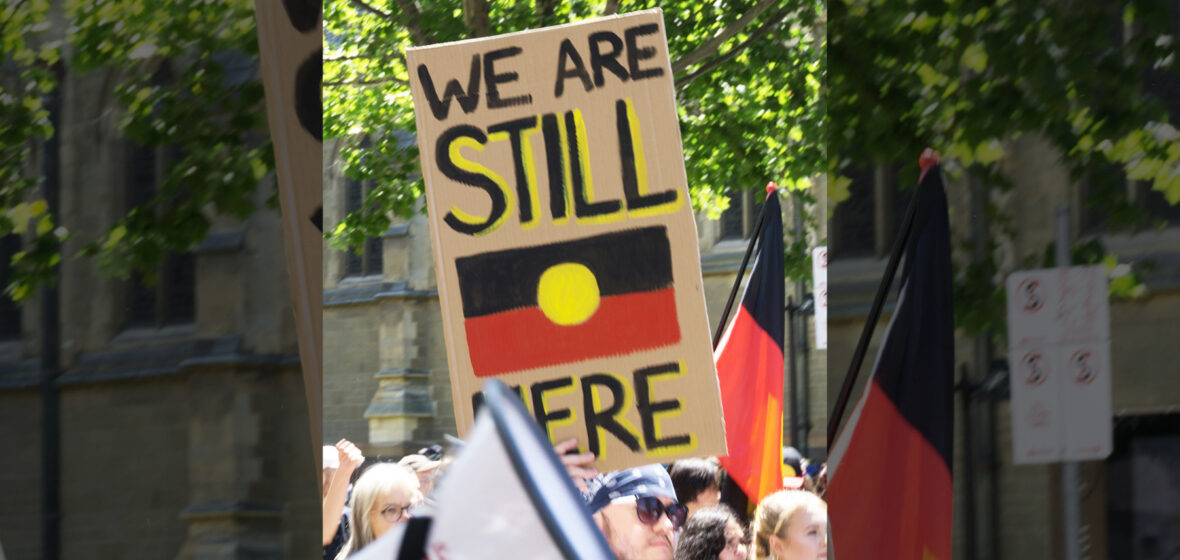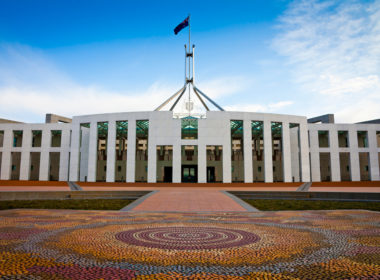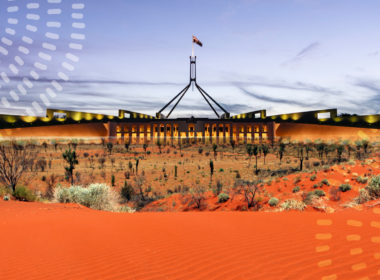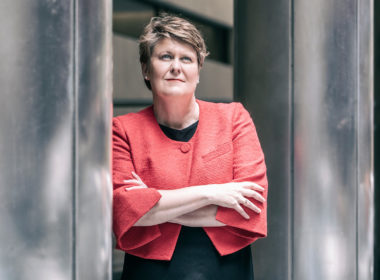Prime Minister Anthony Albanese has confirmed there will be no referendum on a republic during his first term.
In an interview with the ABC on 12 September, Albanese said his focus remains on the national vote on an Indigenous Voice to Parliament. “I made it clear before the last election what our intention was during this term,” said Albanese.
“That is the recognition of Aboriginal and Torres Strait Islander people in our constitution.
“I said at the time I couldn’t envisage a circumstance where we changed our head of state to an Australian head of state but still didn’t recognise First Nations people in our constitution.”
Albanese emphasised the Labor Party does not rule out a republic referendum in the future; however, now is not the time to engage in that debate.
“Now … is the time for commemorating and recognising the life and service of Queen Elizabeth II and also for welcoming our new head of state, King Charles III,” said Albanese.
Federal Parliament will not sit for 15 days following the Queen’s death. These sitting days will be made up before the federal budget on 25 October. When asked why Australia’s parliament is suspended while the UK parliament continues, Albanese said he was following protocol.
“I think there is something to be said for a Prime Minister who follows tradition, who follows protocols and who follows order,” said Albanese.
“That is something that I hope to define my prime ministership [as]: respect for those traditions.”
Albanese also announced a one-off public holiday on Thursday 22 September to mark a National Day of Mourning. Some retailers criticised the decision, saying it will cause an unexpected loss of trade. The Australian Medical Association also voiced its disapproval, claiming short notice would force long-scheduled surgeries to be cancelled.
“Tradition, I know, sometimes can be inconvenient. But traditions are important,” said Albanese.
“I do think that 22 September can be a moment that brings our nation together.
“This is something that is above politics.”
The Prime Minister acknowledged many Australians feel strongly about the monarchy and have the right to debate.
“As prime minister, I’m not in a position to control people’s feelings, of course, and many of those will, of course, be heartfelt,” said Albanese.
“This nation didn’t begin in 1788, it goes back some 65,000 years at least.
“It should be a source of great national pride that we live and share this continent with the oldest continuous civilisation and culture on Earth.”
Over the weekend, several Aboriginal and Torres Strait Islander people voiced their criticism. Professor of Indigenous Studies at Macquarie University Sandy O’Sullivan argued that discussion of the Queen’s impact on Indigenous people shouldn’t be silenced because of her death.
“She wasn’t a bystander to the effects of colonisation and colonialism, she was an architect of it,” said O’Sullivan.
“I’m not here to lampoon the crown or the Queen, though I thoroughly support those who [do so]– it is an important act of resistance,” she said.
“It’s worth considering what she could have done – and didn’t – to effect change.”
Bronwyn Fredericks, Professor of Indigenous Engagement at the University of Queensland, also defended Aboriginal and Torres Strait Islanders’ right to criticise.
“It’s inappropriate to tell Indigenous people living in a colonised country that continues to deny Indigenous rights how we should feel and behave in regard to the death of a British monarch and the head of the Commonwealth,” said Fredericks.
Renowned Indigenous artist Vincent Namatjira said that he would “like to see Indigenous leaders and heroes, past and present, have the same level of recognition and respect that the royal family does”.
CEO of GetUp and Bundjalung woman Larissa Baldwin blasted the government’s decision to postpone parliament sitting for 15 days.
“As an Aboriginal woman she’s not my Queen but it just feels so wrong for a modern democracy,” said Baldwin.
“We have cost of living pressures, a third La Niña to hit and our health workers are in crisis … parliament should sit next week.”




